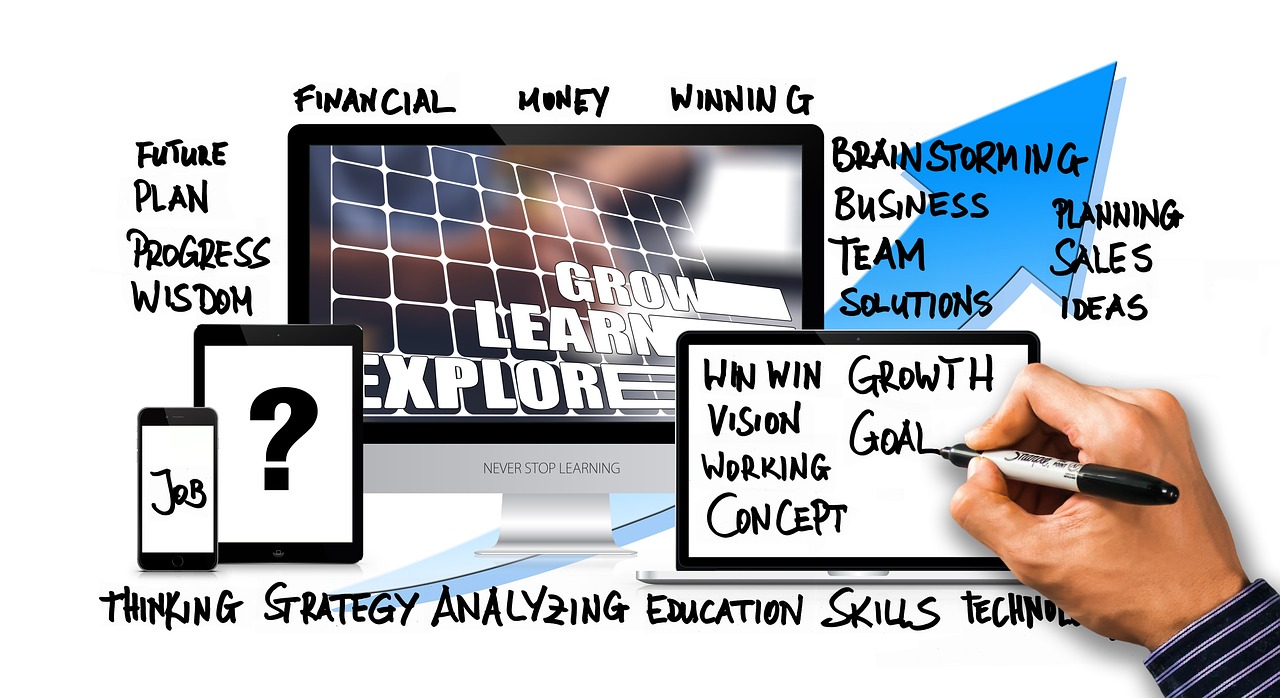The Role of Emotional Intelligence in Resilience and Adaptability
Emotional intelligence refers to the ability to recognize, understand, and manage one’s own emotions, as well as being able to perceive and influence the emotions of others. It involves being aware of how emotions impact behavior and having the capacity to navigate social interactions effectively based on emotional cues. Individuals high in emotional intelligence tend to have strong self-awareness, empathetic understanding of others, and effective emotional regulation skills.
Furthermore, emotional intelligence encompasses traits such as empathy, adaptability, and social skills. It plays a crucial role in various aspects of life, including personal relationships, professional success, and overall well-being. By developing emotional intelligence, individuals can enhance their communication skills, build stronger relationships, and make better decisions by considering not only logic but also emotions in various situations.
The Impact of Emotional Intelligence on Resilience
Emotional intelligence plays a crucial role in enhancing resilience, which is the ability to bounce back from adversity. Individuals with high emotional intelligence are better equipped to manage stress, navigate challenges, and maintain a positive outlook in the face of difficulties. By understanding and regulating their own emotions effectively, they can cope with setbacks and setbacks with greater ease.
Moreover, individuals with high emotional intelligence tend to have stronger social connections and communication skills, enabling them to seek support from others when needed. This network of relationships provides a valuable source of emotional support, encouragement, and guidance during tough times. By fostering meaningful connections and empathizing with others, individuals with high emotional intelligence can build a strong support system that bolsters their resilience in the face of adversity.
What is emotional intelligence?
Emotional intelligence refers to the ability to recognize, understand, and manage our own emotions as well as the emotions of others.
How does emotional intelligence contribute to resilience?
Emotional intelligence helps individuals cope with stress, adapt to change, and bounce back from setbacks, all of which are important components of resilience.
Can emotional intelligence be developed or improved?
Yes, emotional intelligence can be developed and improved through self-awareness, self-regulation, social awareness, and relationship management skills.
How can I enhance my emotional intelligence?
You can enhance your emotional intelligence by practicing mindfulness, improving your communication skills, seeking feedback from others, and engaging in self-reflection.
What are the benefits of having high emotional intelligence?
Individuals with high emotional intelligence tend to have better mental health, stronger relationships, and greater overall well-being. They are also more likely to be resilient in the face of adversity.





